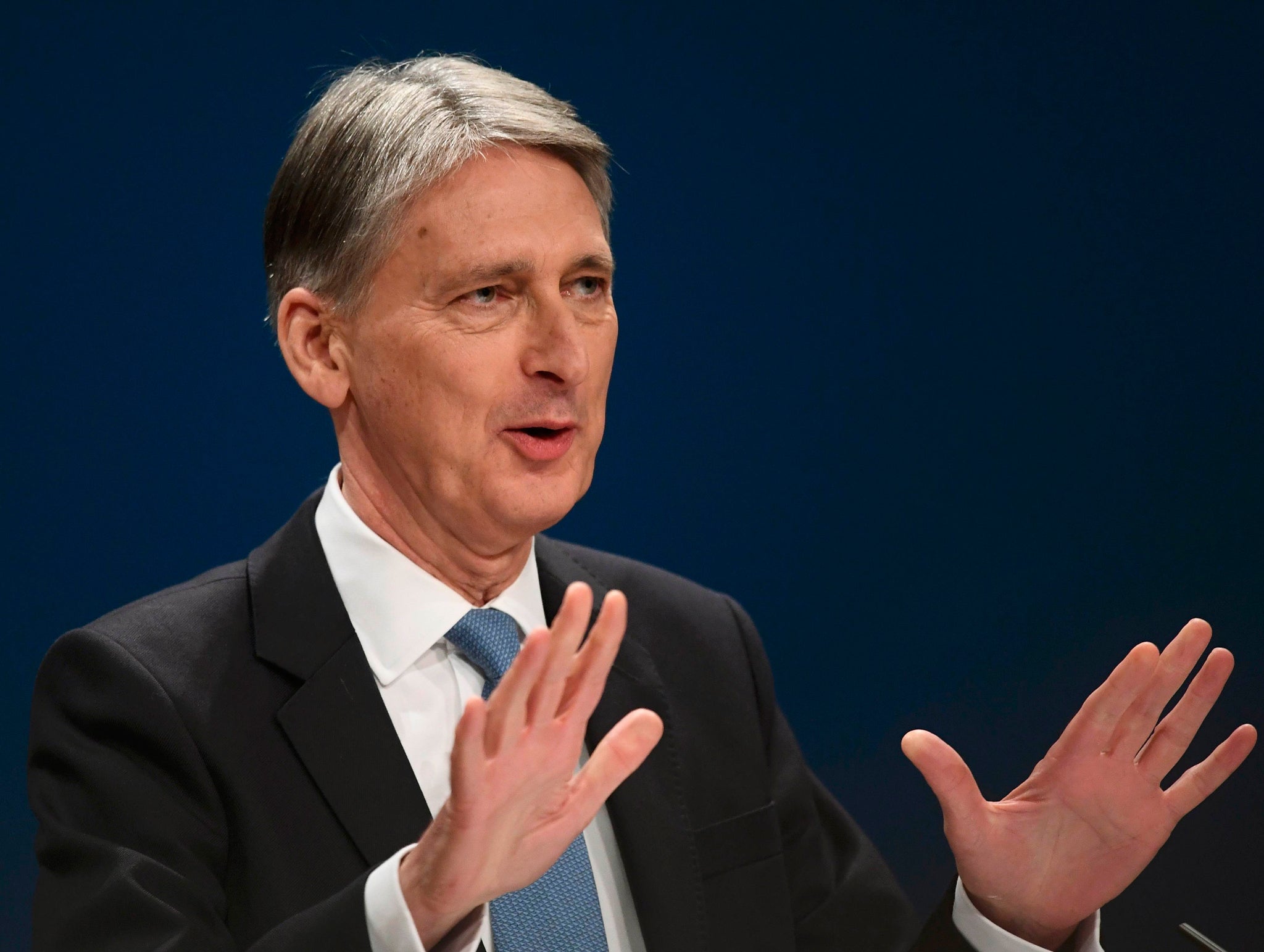Brexit: Immigration clampdown could hit companies and drive up prices, warn business leaders
Fears proposals to clamp down on immigration from the EU come amid reports of a Cabinet rift

Government plans to clamp down on immigration from the European Union would hurt British companies and could drive up prices, business leaders have warned.
The Confederation of British Industry, the British Chambers of Commerce and the Institute of Directors – the three main organisations representing large British businesses – have told The Independent proposals to prevent low-skilled migrants entering the UK could cause problems for companies who rely on their labour and raise prices for consumers.
It follows reports that Chancellor Philip Hammond and Amber Rudd, the Home Secretary, clashed over the plans, with Mr Hammond calling for them to be delayed.
His objections have reportedly led to a cabinet rift, with colleagues accusing the Chancellor of trying to “undermine Brexit” and intentionally slow down Britain’s withdrawal from the EU.
The immigration clampdown reported to have been discussion at the meeting caused business leaders to warn against cutting off the supply of migrant workers.
Adam Marshall, director general of the British Chambers of Commerce, said: “Businesses across the UK report skills shortages on a number of different levels. Firms are pretty clear they will need workers from overseas with various skill levels in the years ahead.
"The risk is if the Government arbitrarily decides whether an individual is skilled or unskilled when really the requirements of the vacancy should do that.”
Seamus Nevin, head of employment and skills policy at the Institute of Directors, told The Independent:
“Government must be careful in reducing low-skilled immigration as those sectors that do need low-skilled migrants are very important to the British public."
“Cleaners, hospital careworkers in the NHS and agricultural workers who pick the food on our shelves all play an important role in our economy. Reducing their numbers by too much would cause problems for our healthcare system, hurt British businesses, and increase prices for British shoppers."
Uncertainty over the Government’s immigration policy is “a major barrier preventing business from planning for the future”, he added.
A CBI spokesperson said: “The UK faces skills and labour shortages in many areas. If firms cannot access lower skilled workers from the EU, key sectors will find it tough to fill the roles and grow.”
The Cabinet-level disagreement came during a meeting last week of the Brexit cabinet sub-committee, at which Ms Rudd presented the plans for a new visa system that would close the door on tens of thousands of low-skilled migrants coming to Britain from EU countries. The changes would not apply to tourists or students.
One unnamed source told The Daily Telegraph: “[Mr Hammond] is arguing from a very Treasury point of view. He is arguing like an accountant seeing the risk of everything rather than the opportunity.”
Another said the Chancellor was “overly influenced by his Treasury officials who think it is a catastrophe that Britain voted to leave the EU”.
But allies of Mr Hammond denied the accusations, calling them "ridiculous".
The Chancellor reportedly called for a halt and said other options should be investigated.
Ms Rudd was previously forced to back down over plans to make British companies disclose the number of foreign workers they employ after a furious backlash.
It comes as a think tank suggests banks could move out of Britain as early as 2017 unless passporting rights that would allow them access to Europe’s financial markets are secured during negotiations with the EU.
The study by Open Europe, which remained neutral during the referendum campaign, concluded: “If banks ... were still unclear about what the future holds one year before the UK formally exits the EU, they would be forced to start making decisions – including over whether to shift part of their business elsewhere. Some firms may well start implementing their contingency plans even earlier than that.”
Join our commenting forum
Join thought-provoking conversations, follow other Independent readers and see their replies
Comments
Bookmark popover
Removed from bookmarks